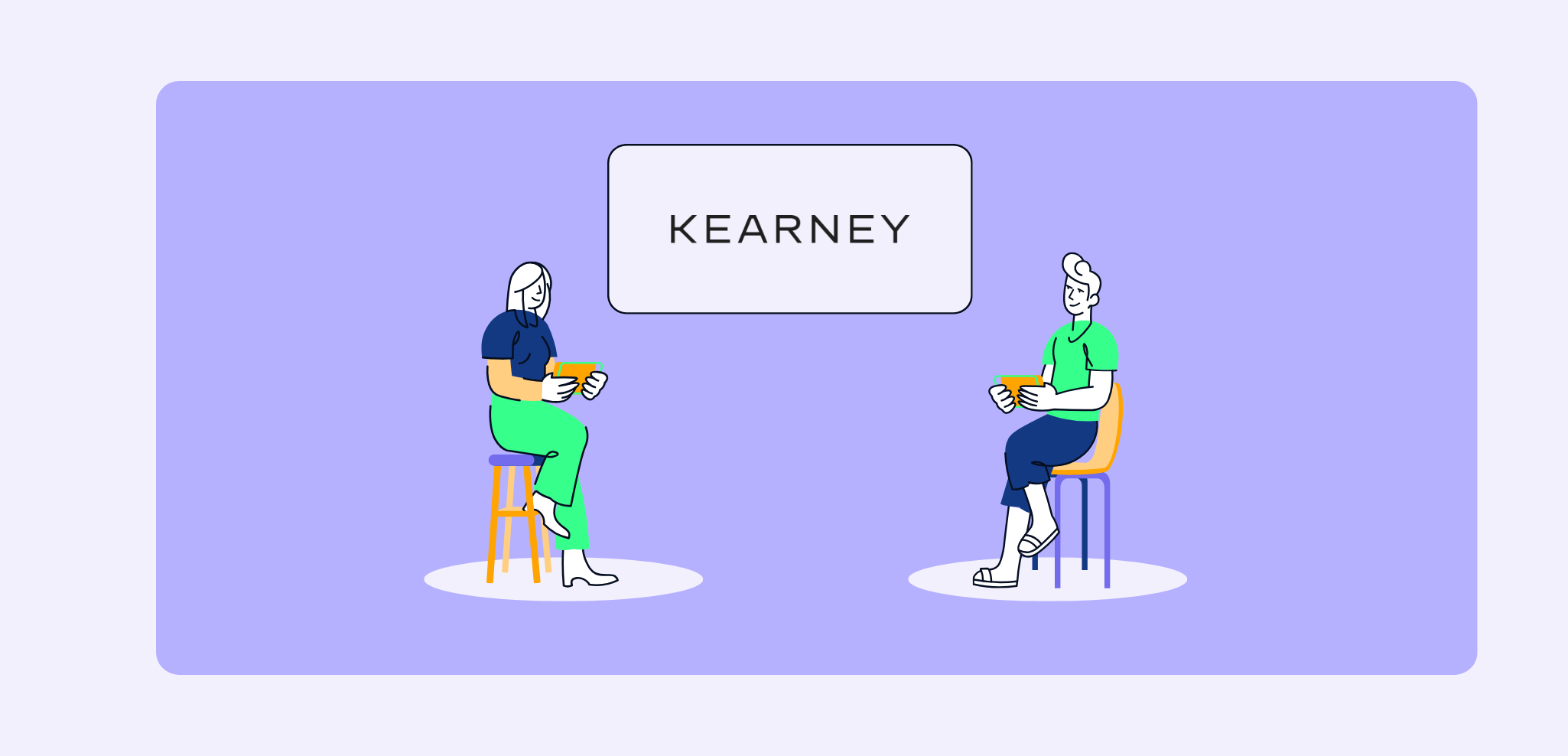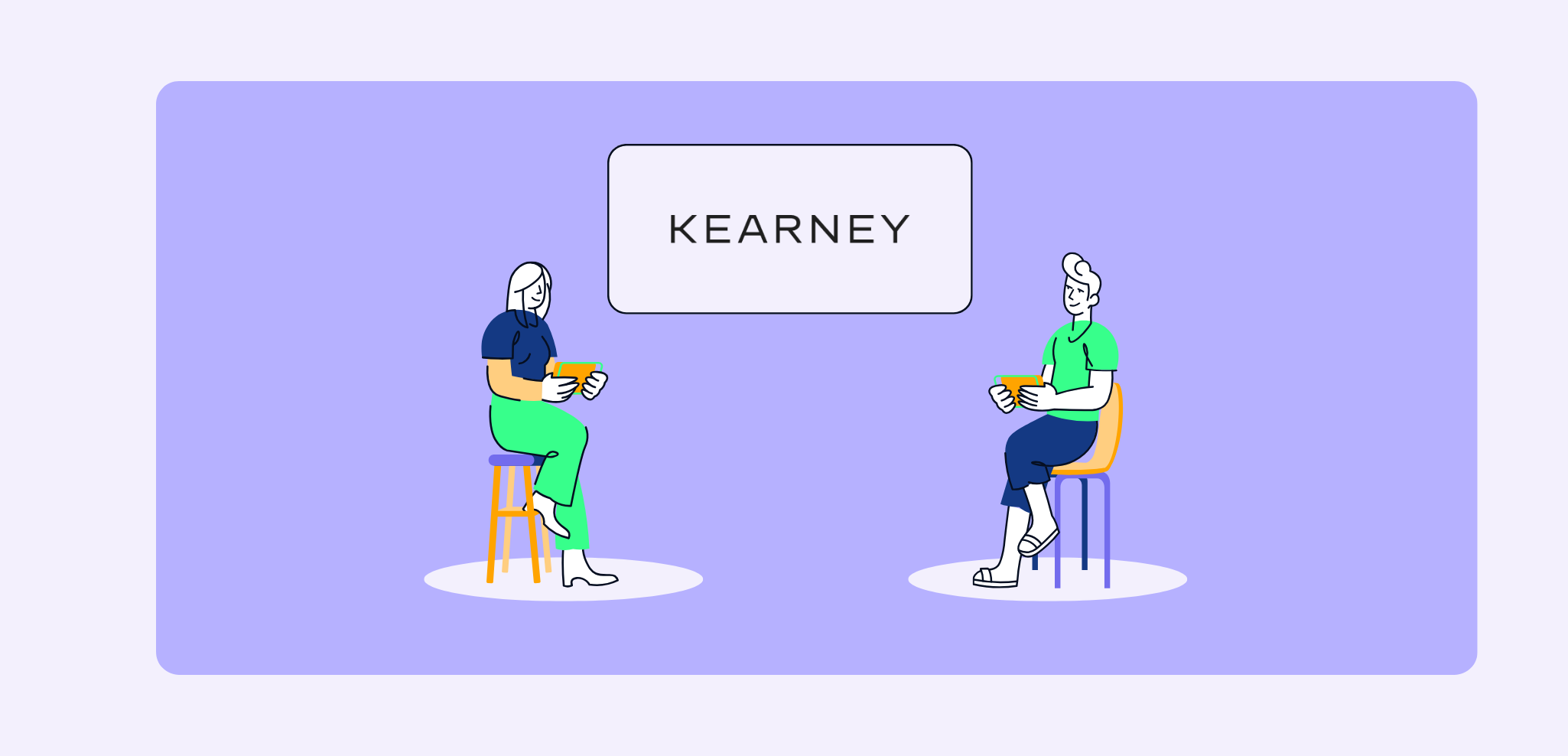Are you preparing for a Kearney consulting interview and want to know how their recruiting process works? If so, this Kearney interview guide is meant for you.
We will take you through Kearney's history and culture, the recruitment process, and what to expect during the interviews. We’ll also offer tips gathered from those who have experienced the interview at this top consulting firm before. Read on for the insights, whether you’re a student or a recent graduate looking to be the newest member of Kearney’s consulting team.








